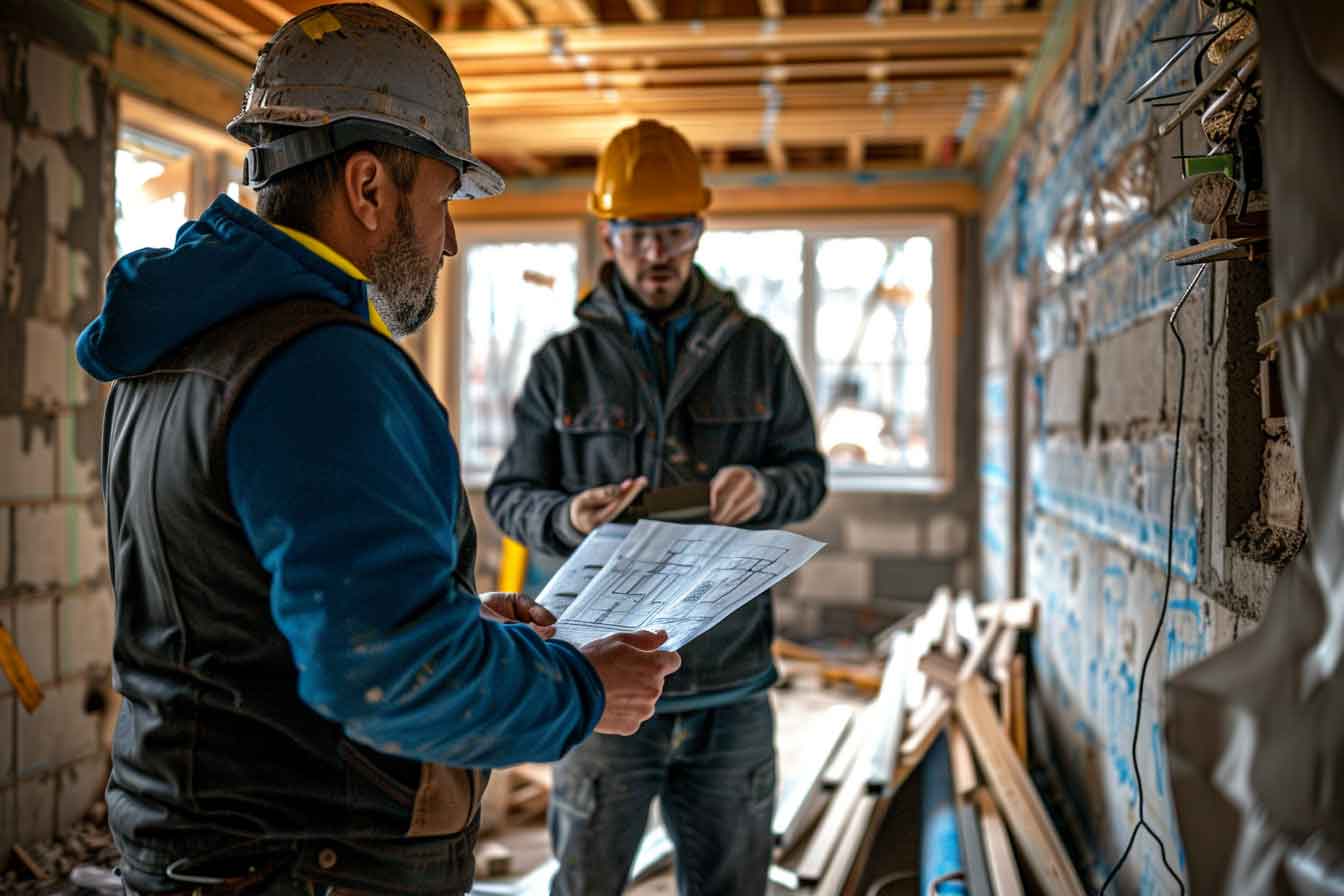Navigating Unpermitted Work: Essential Considerations for Selling Your Home
Preparing your home for sale involves numerous considerations, including addressing any unpermitted work. Unpermitted work, which refers to alterations or renovations completed without the necessary permits, can significantly impact the selling process and your property’s value. To effectively manage this situation while maintaining integrity, it’s crucial to grasp the implications and explore viable solutions.
Grasping Unpermitted Work
Unpermitted work encompasses modifications made to your home without obtaining the requisite permits from local authorities. These permits ensure construction adheres to safety standards and building codes, providing assurance of quality and safety. Without proper permits, there’s a risk of compromised structural integrity, potentially deterring prospective buyers and posing liabilities.
Significance of Building Permits
Building permits serve as a vital safeguard for homeowners and buyers alike. They validate that structural changes are executed safely and in compliance with regulations. Additionally, permits are indispensable for plumbing, electrical, and gas-related work. When selling your home, possessing valid permits demonstrates transparency and legal compliance, instilling confidence in potential buyers.
Factors Driving Unpermitted Work
Various factors may compel homeowners to proceed with unpermitted work, often rooted in financial considerations. Obtaining permits can entail additional expenses, prompting some individuals to bypass the process. Unpermitted work commonly comes to light during renovation projects or when preparing to sell, underscoring the necessity for proactive resolution.
Risks and Hurdles
Selling a home with unpermitted work presents several risks and challenges:
- Buyer Apprehension: Prospective buyers may express reluctance to purchase a property with unpermitted work, apprehensive about potential safety hazards and legal liabilities.
- Legal Ramifications: Failure to disclose unpermitted work can lead to legal consequences, eroding trust between parties and jeopardizing the transaction’s integrity.
- Market Value Considerations: Properties with unpermitted work typically command lower selling prices compared to those with proper permits, impacting the property’s market value and financial returns.
Addressing Unpermitted Work
When confronted with unpermitted work while selling your home, consider the following strategies:
- Pursue Retroactive Permits: Explore the option of obtaining permits retroactively for completed work. Although this may involve additional expenses and adjustments to meet code requirements, it underscores accountability and ensures regulatory compliance.
- Transparent Disclosure and Negotiation: Openly disclose any unpermitted work to prospective buyers and engage in transparent negotiations. Establishing clear communication fosters trust and empowers informed decision-making on both sides, facilitating a mutually beneficial outcome.
Collaboration with Industry Experts
Effectively navigating the complexities of unpermitted work necessitates collaboration with seasoned professionals. Consultation with local government officials and construction experts enables a comprehensive assessment of available options and the identification of optimal solutions. By proactively addressing unpermitted work, you can mitigate risks, uphold ethical standards, and facilitate a successful home sale process in Calgary’s vibrant real estate market.






